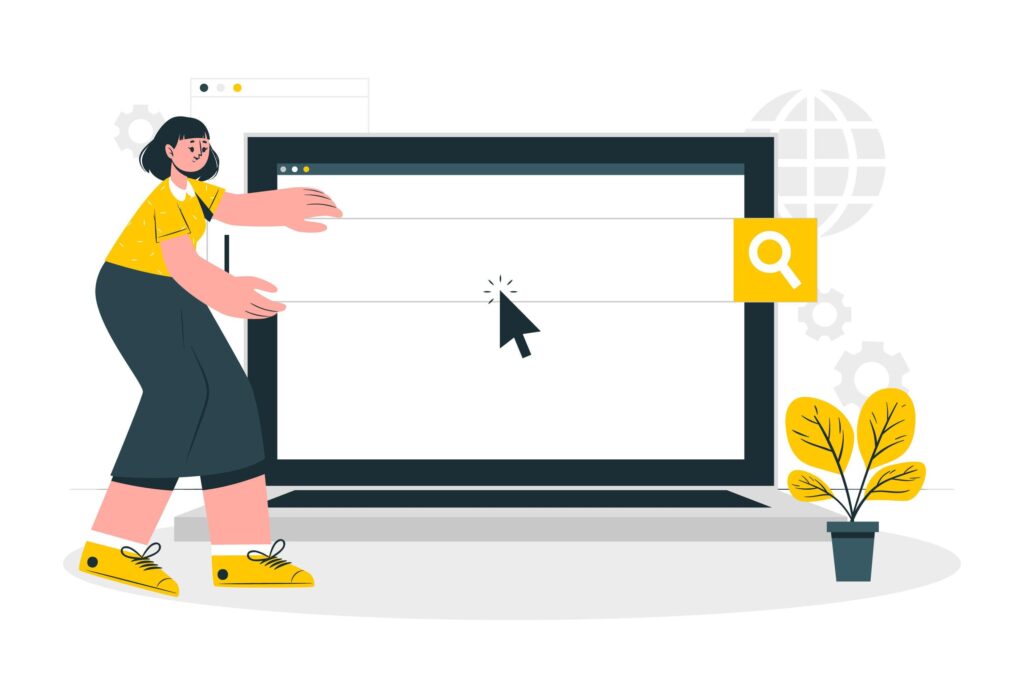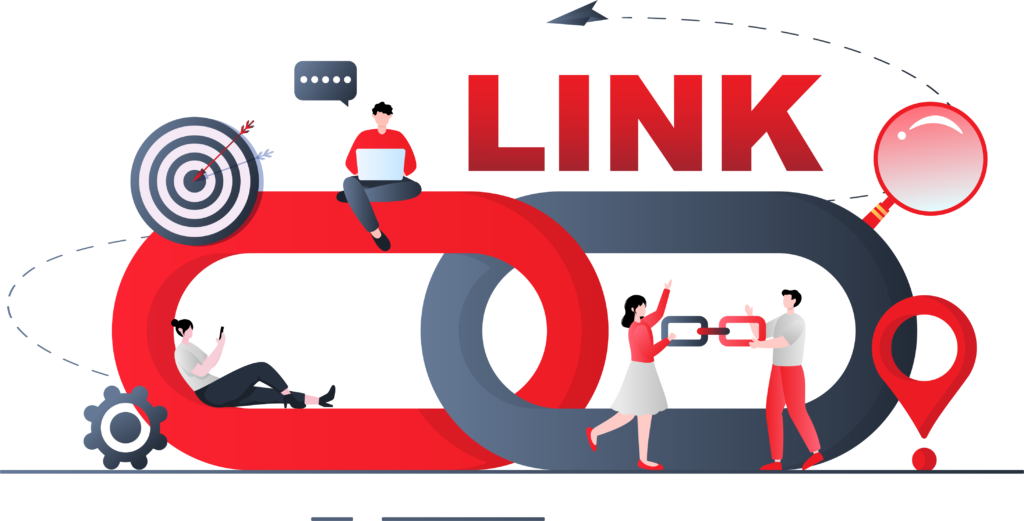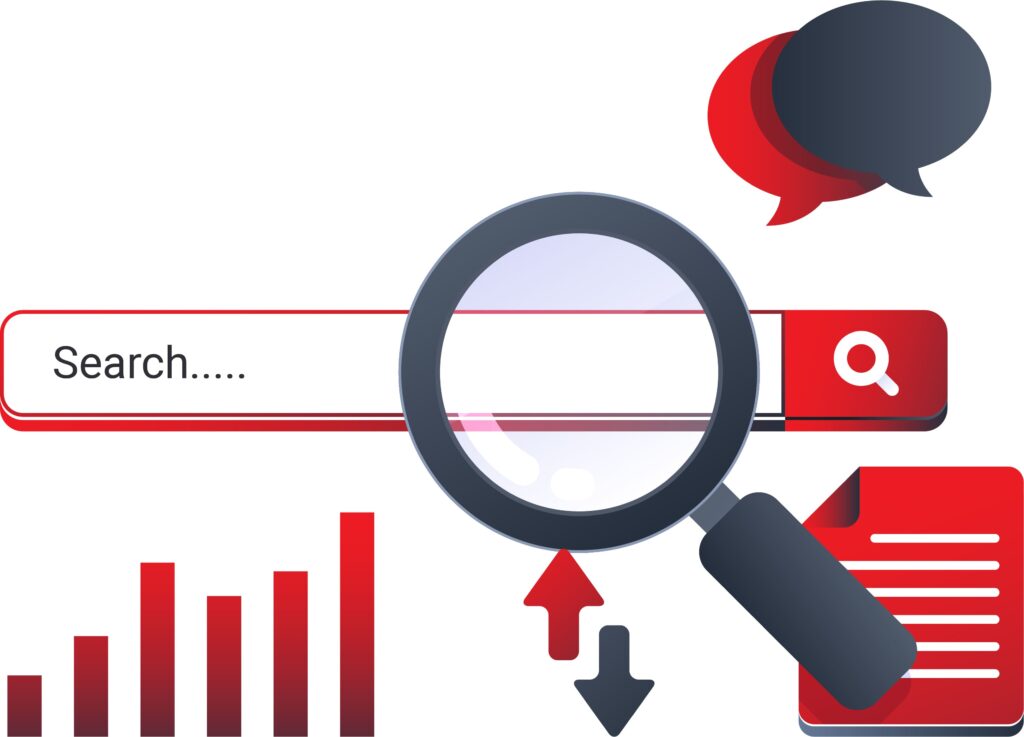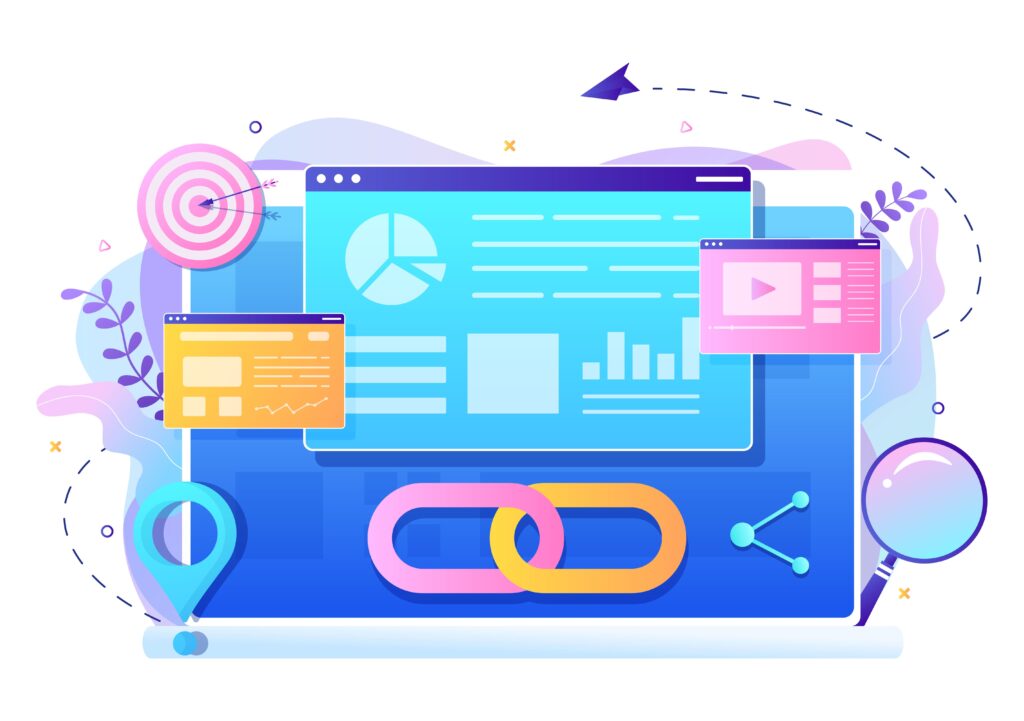Google indexing refers to the process of adding web pages into Google’s database, which is also known as the Google index. When a web page is indexed, it means that it has been analyzed and stored by Google’s search engine so that it can be retrieved in search results when a user enters a relevant query.
How Is Google Indexing Done?
The process of indexing begins when Google’s web crawlers, also known as spiders or bots, visit a website and collect information about the pages on that website.
The crawlers use a set of algorithms to analyze the content of the pages, including the text, images, and other multimedia elements, as well as the HTML and metadata.
Once the crawlers have collected the necessary information, they send it back to Google’s servers, where it is stored in the index. The index is essentially a huge database that contains information about all the web pages that have been crawled and indexed by Google.
This database is constantly updated as new pages are added and old ones are removed.
How Google Indexed One Page?

When a user enters a query into Google’s search engine, the system uses a complex algorithm to search the index and retrieve relevant pages.
The algorithm takes into account a wide range of factors, including the content of the page, its relevance to the query, the quality of the website, and the user’s location and search history.
In order for a web page to be indexed by Google, it must be accessible to the crawlers. This means that the page must be publicly accessible and not blocked by robots.txt or other similar files.
The page should also be linked to other pages on the website or from external websites, as this helps the crawlers discover and index the page more quickly.
Factors Which Are Impacted On Google Indexing?
There are several factors that can affect how quickly a web page is indexed by Google. One of the most important is the quality and relevance of the content on the page.
The Google indexing pages with high-quality, unique, and relevant content are more likely to be indexed quickly and to rank well in search results.
1. Well-organized Structures Of The Sites
Another important factor is the structure of the website. Sites that are well-organized and easy to navigate are generally more easily crawled and indexed by Google. Sites that use clear and descriptive URLs, title tags, and meta descriptions are also more likely to be indexed quickly and to rank well in search results.
2. Robots.txt And Meta Tags
The robots.txt file and meta tags, such as “noindex” and “nofollow,” can influence which pages Googlebot crawls and indexes. Incorrect implementation or misconfiguration of these directives can prevent the Google indexing of the pages from restricting crawling.
3. Content Quality
Google prioritizes indexing web pages with high-quality, original, and relevant content. Pages with thin, duplicate, or low-quality content may not be indexed or may receive lower priority.
4. Site Speed
Google considers website speed and performance as ranking factors, and it can also impact indexing. Slow-loading pages or websites with frequent downtime may experience delays in indexing or have their crawl budget reduced.
5. Mobile-Friendliness
With the emphasis on mobile-first Google indexing, having a mobile-friendly website is crucial. Websites that are not optimized for mobile devices may experience indexing issues or lower visibility in mobile search results.
6. XML Sitemap
Submitting an XML sitemap to Google Search Console helps provide a clear and comprehensive list of pages on the website, making it easier for Google to crawl and index them.
7. Backlink Profile
The presence of quality backlinks from reputable websites can influence the indexing and crawling of web pages. Strong backlinks can lead to more frequent crawling and indexing by Google.
8. Website Security
Google indexing prioritizes the security of users, and websites with SSL certificates (HTTPS) are preferred. Secure websites are more likely to be indexed and trusted by users.
9. Canonicalization
Proper use of canonical tags helps Google understand the preferred version of a webpage when there are multiple versions or duplicate content. Canonicalization helps prevent indexing issues caused by duplicate content.
10. URL Structure
Clear and descriptive URLs that include relevant keywords make it easier for Google to understand the content and context of web pages. URLs should be user-friendly and follow best practices for search engine optimization (SEO).
In addition to these factors, there are also a number of technical considerations that can affect Google indexing. These include the use of structured data, the inclusion of sitemaps and other indexing tools, and the use of HTTPS encryption to secure the site.
Conclusion
Overall, Google indexing is an essential process for ensuring that web pages are discovered and accessible to users who are searching for relevant information online. By understanding the factors that influence indexing, website owners can optimize their pages to improve their visibility and ranking in search results.




